Inside the high-profile inquiry into Bruce Lehrmann’s trial
From fears of a political conspiracy to claims about Lisa Wilkinson’s Logies speech – here’s how the inquiry into Bruce Lehrmann’s trial played out.
When Bruce Lehrmann’s rape trial was aborted last year due to juror misconduct, the Director of Public Prosecutions set off a chain of events that led to a public inquiry.
Shane Drumgold SC penned a scathing letter to the ACT chief of police and raised concerns about “political and police conduct” during the investigation and trial.
The letter was later made public through a freedom of information request in the days after Mr Drumgold dropped his plans for a retrial and the charge against Mr Lehrmann due to concerns for accuser Brittany Higgins’ welfare.
It sparked a high-profile inquiry chaired by former Queensland judge Walter Sofronoff that examined not only the conduct of police but also the DPP and the Victims of Crime Commissioner.
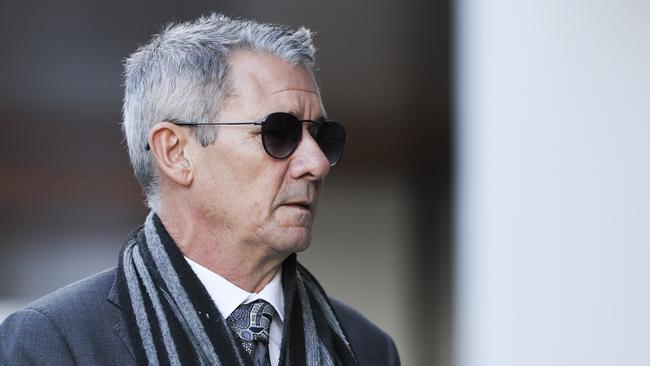
Over 13 days, central figures in the case gave evidence about how as they faced unprecedented pressure the relationship between the criminal justice agencies crumbled.
From TV presenter and journalist Lisa Wilkinson to questions of whether the presumption of innocence was infringed, here’s how it all went down.
Mistrust between police and the DPP
Well before senior police and the DPP took to the witness box, counsel assisting Erin Longbottom KC set the scene for what was to come.
“You will hear evidence that from the outset, engagement between the DPP and ACT Policing in this matter was beset by tension,” she said at an initial hearing in April.
“Those involved in the meetings appear to have somewhat different perceptions of what occurred.”
Accusations were made by both sides.
Mr Drumgold told the inquiry that a series of “strange events” and the pressure he felt to drop the charge led him to believe a possible political conspiracy was afoot.
After four days on the stand, Mr Drumgold sensationally walked back his fears of political interference with ACT Policing in the case and revealed he had already changed his view before the inquiry began.
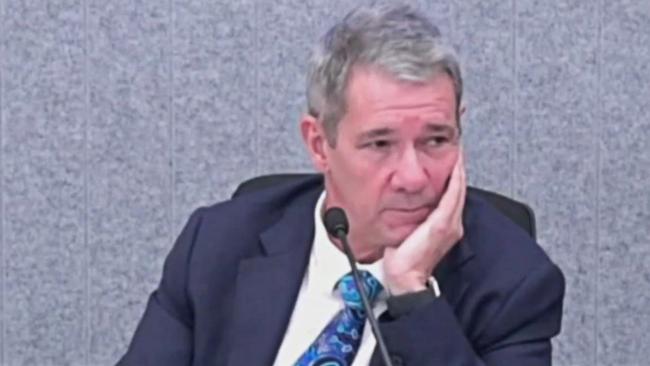
Instead, after reading all the evidence, he said a “skills deficit” was more likely to blame.
Mr Drumgold said investigators had a “passion” for an acquittal.
But Superintendent Scott Moller said police were of the view Mr Drumgold was going to prosecute the matter “no matter what”.
The evidence presented to the inquiry showed police had clear objections to the case proceeding, with senior police questioning whether there was sufficient evidence to charge.
Mr Drumgold said police were confused about the test to charge. Senior Constable Emma Frizzell told the inquiry she thought there was still a misunderstanding of the test within police.
A brief prepared by Superintendent Moller questioned Ms Higgins’ credibility and described her as “evasive,” “uncooperative” and “manipulative”.
That brief, which included Ms Higgins’ counselling notes and recorded police interview, was later served to defence mistakenly.
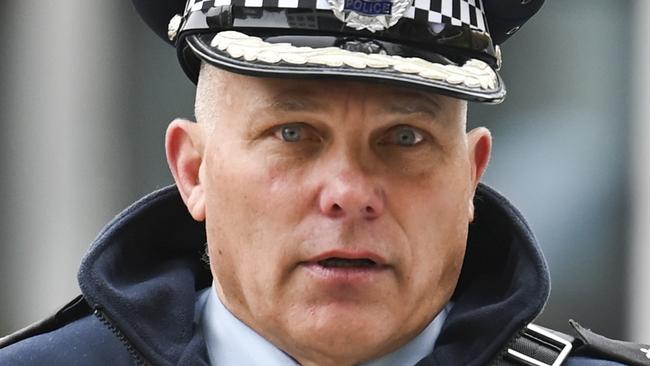
The inquiry was told that Mr Lehrmann’s original defence barrister did not access the sensitive documents, but Mr Drumgold gave evidence that he did.
Another senior police officer involved told Mr Lehrmann’s lawyer Steven Whybrow SC over coffee that he would resign if the jury delivered a jury verdict.
Mr Whybrow said before that meeting he could “read between the lines” that police thought the case was weak – but nobody had made that clear until that point.
Superintendent Moller said he later changed his mind after reading legal advice from Mr Drumgold and claimed police were committed to the prosecution.
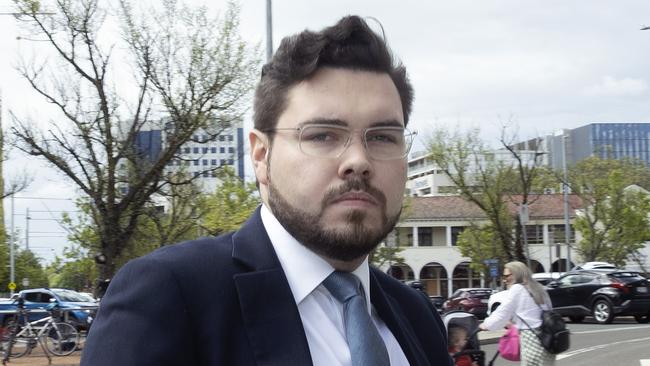
Meanwhile, both sides accused each other of losing their objectivity in the matter.
Mr Drumgold had initially planned to retry the case. He gave evidence that he’d concluded he’d failed to convince just one juror of Mr Lehrmann’s guilt.
He claimed the perceived holdout juror was also the person accused of misconduct.
Police walk back VCC criticism
Weeks before Ms Higgins went in for a second recorded interview with police, she requested the Victims of Crime Commissioner Heidi Yates act as her intermediary with police.
Ms Yates said at the time the former Liberal staffer had become increasingly anxious about police calling her at any given time and taking her back to a “traumatic place” if she was out in public.
Her involvement, the inquiry was told, addressed an issue facing police. After months of having trouble contacting Ms Higgins and trying to organise for her to hand over her phones for the investigation, Ms Yates was helping facilitate police requests.
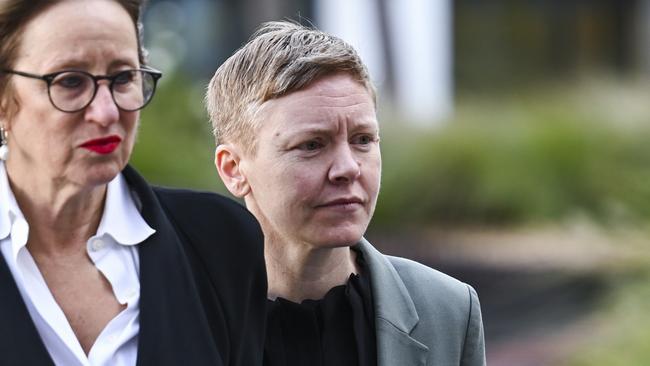
But in written statements provided to the inquiry, police did not originally take that view.
Superintendent Moller described Ms Yates‘ involvement as “inappropriate” and she “made it difficult” for police to contact Ms Higgins.
Under cross-examination from Ms Yates’ barrister, the senior investigator had to walk back the statements in a stunning about face.
“I have now looked at the (Victims of Crime Act 1994), and you know, I can absolutely see that it’s within the role for Ms Yates to be involved in matters like this as a support person if she chooses to.”
AFP Commander Michael Chew also had to correct the record.
The right to the presumption of innocence and support for someone who claims to be a victim of a crime is a key question facing the inquiry.
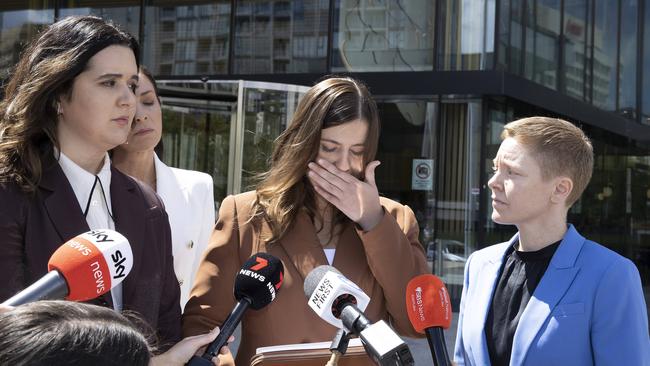
Ms Yates explained that her role required her to “start from a position of belief” of a complainant.
Mr Sofronoff questioned whether her title should instead be changed to “complainants of crime commissioner” to avoid any doubt.
Ms Yates has been publicly criticised for walking into court alongside Ms Higgins and for standing next to her as she read a statement to the media outside court after the trial was abandoned.
The VCC said her primary concern was Ms Higgins’ welfare and making sure her client did not collapse after suffering a panic attack during the court proceedings.
She said that nobody raised concerns about her walking into court during the trial, but she conceded that, in hindsight, she should have asked what Ms Higgins had intended to say.
“I'm very open to the likelihood that, if I had more information to consider, I may have made a different decision,” Ms Yates said.
Wilkinson’s Logie speech
Ahead of Mr Lehrmann’s original trial date, the DPP held a Microsoft Teams meeting with Wilkinson and Network 10 lawyer Tasha Smithies.
The inquiry was told Mr Drumgold stopped Wilkinson from reading a pre-prepared Logie speech, told her he wasn’t a speech editor, and effectively warned her that any pre-trial publicity could result in a delayed trial.
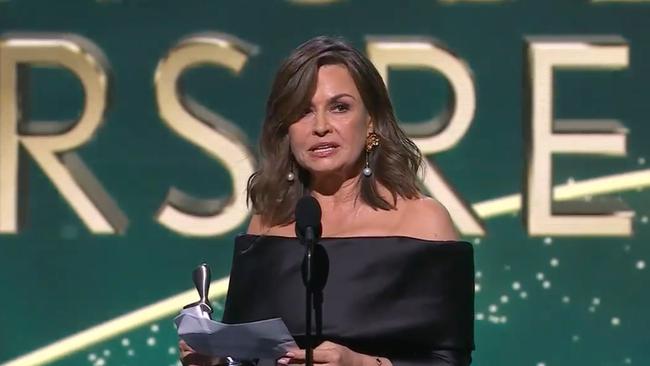
He gave evidence the Network 10 lawyer put the meeting on mute and he was “100 per cent confident” she was giving the journalist advice about making such a speech.
However, Ms Smithies said she “did not accept” his recollection of events. Wilkinson has also denied Mr Drumgold ever warned her.
Mr Drumgold told the inquiry that he “entirely misread” the situation and thought Wilkinson’s desire to read the speech was “in the flavour” about bragging about the nomination.
The broadcaster won a silver Logie for her interview with Ms Higgins about her allegations against Mr Lehrmann.
Chief Justice Lucy McCallum vacated the first trial date due to the publicity caused by the victory speech Wilkinson eventually gave.
Mr Drumgold, who faced five days of questioning at the inquiry, also conceded a file note presented to court as taken at the time of the meeting was amended days after to include his warning to the journalist.
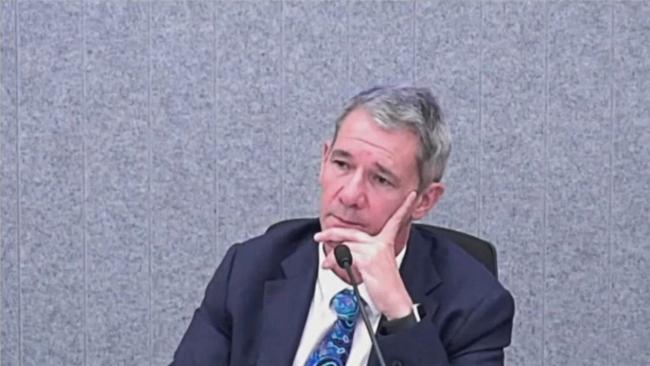
Wilkinson’s counsel Sue Chrysanthou outlined the number of opportunities the DPP had to inform Ms McCallum the notes had changed.
Ms Chrysanthou said as a result, Wilkinson was “destructed” by several media outlets for being perceived as failing to “heed his (Mr Drumgold) warning”.
He accepted in hindsight that while he viewed his notes as accurate, he should have alerted Ms McCallum of the change.
But he did not accept it was his responsibility to correct what he perceived as incorrect media reports.
What’s next?
It’s likely no more witnesses will be called to appear before the inquiry.
Mr Sofronoff will alert the parties involved within days whether he intends to make adverse findings against them for their conduct during the matter.
On Thursday, he revealed he expected to complete his draft recommendations by the end of the month.
A final report will be delivered to the ACT government by July 31.
Mr Lehrmann pleaded not guilty to one charge of sexually assaulting Ms Higgins at Parliament House in 2019 before the trial was aborted.
He has continually denied the allegation and there have been no findings made against him.

